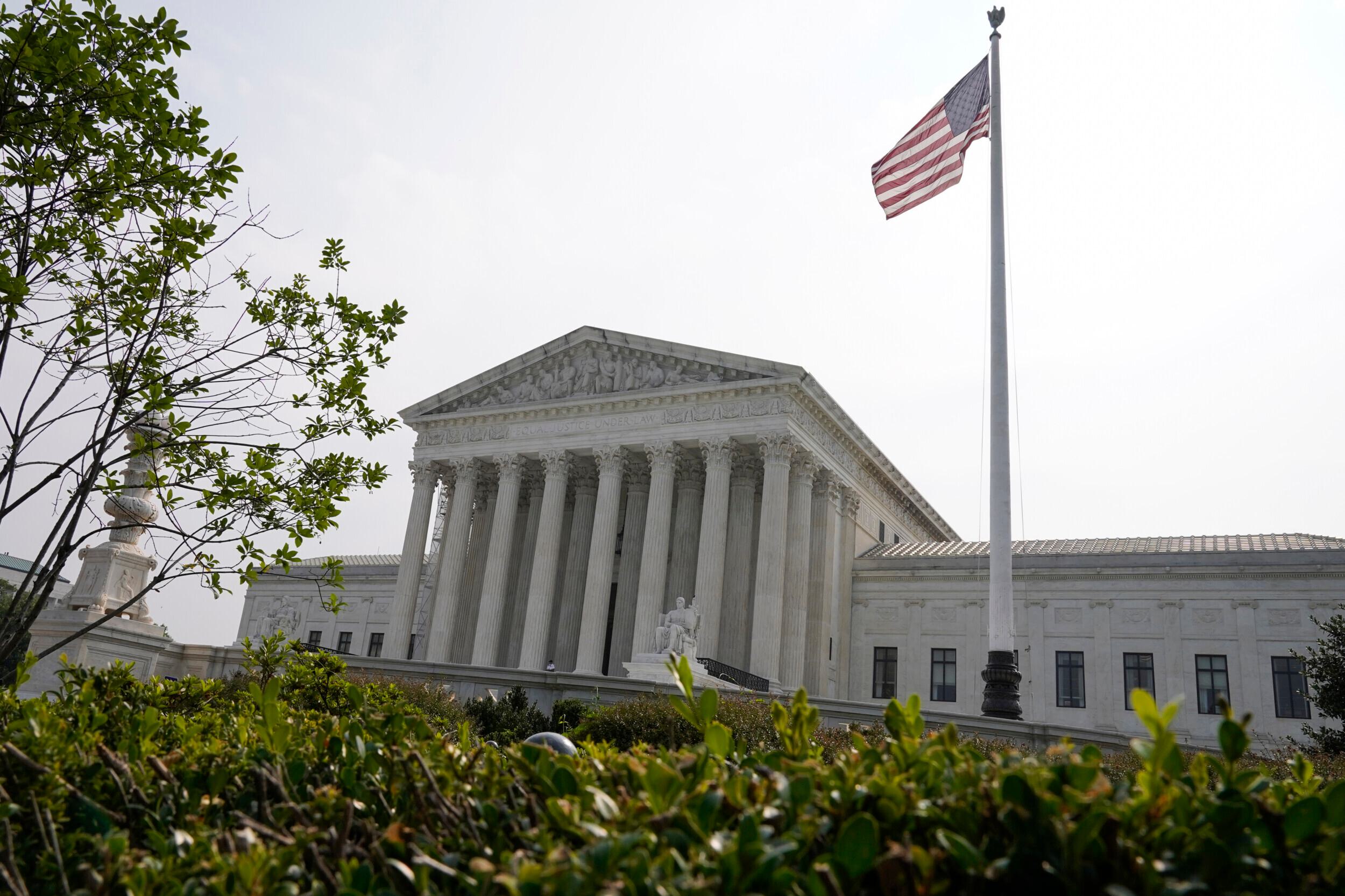On Friday, the Supreme Court issued its highly anticipated decision in 303 Creative v. Elenis and the student loan cases. The Court got all three cases right and should be highly commended for the excellent job it did.
1. 303 Creative
In what I believe is the most important case of this term, the Court ruled 6-3 in favor of a Christian creative professional who did not wish to promote same-sex weddings against her will.
In this case, a Christian creative professional named Lorie Smith made custom websites for her clients. She wanted to take her talents into the wedding business but was afraid Colorado would make her promote same-sex weddings against her sincerely held religious beliefs. In a crafty move, she sued not under the Free Exercise Clause but under the Free Speech Clause. The sad fact is that the courts have not given free exercise of religion as much respect as free speech. But since there was substantial overlap here, she framed it as a free-speech issue.
That proved to be a wise move. Under existing free-speech precedents, the Court held that the government could not force her to speak a message against her will. The Court conceded that public accommodation laws do a lot of good, but they can’t prevail when they clash with the Constitution. My organization, the Alabama Center for Law and Liberty (ACLL), had the honor of filing an amicus brief in this case, and we were very pleased with the result.
In my view, 303 Creative should settle the matter for people like Jack Phillips who has spent the last 10 years of his life in court for politely declining to celebrate a same-sex wedding. Artists, photographers, graphic designers, artistic cake-bakers, and the like will probably all be protected by this decision. The Court even granted certiorari in a similar case arising from Oregon Friday and sent it back down for reconsideration in light of 303 Creative. I expect the Christian cakebakers in that case to prevail as well. ACLL also had the honor of filing an amicus brief in that case, and we thank God that the Court is giving the cakebakers another chance to vindicate their constitutional rights.
Here’s another takeaway from that case: Smith established a solid record that (1) she did not want to promote any message that contradicted her religious beliefs, including violence and promoting anti-Christian messages like atheism; and (2) she routinely served same-sex customers but just couldn’t speak the specific message that she endorsed same-sex marriage. I think Christian professionals out there should do the same if they want 303 Creative to protect them. If they do, then there will be no question that they don’t object to the people, just the message.
2. The Student Loan Cases
President Biden purported to forgive over $400 billion in student loans with the stroke of a pen without congressional authorization. If y’all remember your civics, you know that Congress, not the President, has the power of the purse. Regardless of whether it’s wise to forgive student loans or not, only Congress can do it.
Two lawsuits arose challenging the forgiveness program: one from private individuals and others from the states. The private individuals argued that they were harmed because they were not eligible for forgiveness. The Court held 9-0 that they did not have standing to sue because their injury was not fairly traceable to Biden’s actions. I’m inclined to agree.
But in the suit brought by the states, the Court held 6-3 that the Biden administration stretched the law far beyond what it says to unilaterally forgive the loans. Since 2021, the Biden administration has lost many times in court when it has tried to make a decision of major political or economic significance without congressional authorization. It continued that streak Friday by losing on the same grounds. “I’ve got a pen and a phone” no longer works.
We can argue about whether student loan forgiveness is good or not. My household would benefit from such forgiveness, but I don’t think it’s fair to take our debt away and place it on taxpayers who never signed up for it. Even if it’s a good idea though, the question is who decides. The Constitution gives that right to Congress, not the president. Maintaining that separation is even more essential to limited government than the protections found in our Bill of Rights.
The Court’s decisions Friday were a stellar way to end the Court’s term. Well done, U.S. Supreme Court!
Matt Clark is the President of the Alabama Center for Law and Liberty, a conservative nonprofit law firm that fights for limited government, free markets, and strong families in the courts. His column appears every Friday in 1819 News. The opinions expressed in this column are those of the author. The views and opinions expressed here are those of the author and do not necessarily reflect the policy or position of 1819 News. To comment, please send an email with your name and contact information to Commentary@1819News.com.
Don't miss out! Subscribe to our newsletter and get our top stories every weekday morning.










